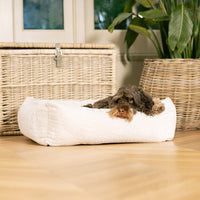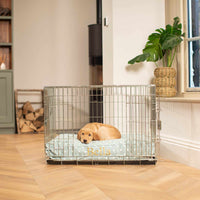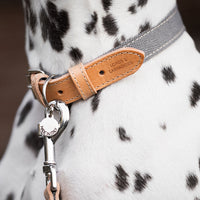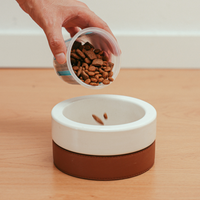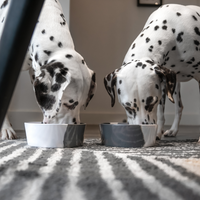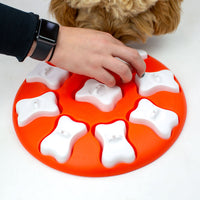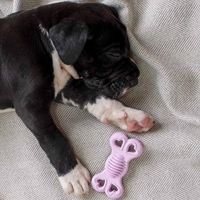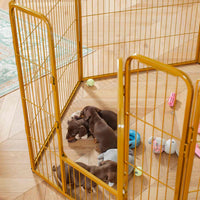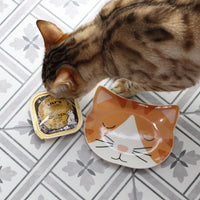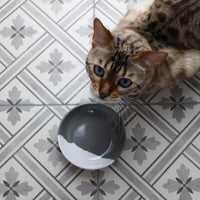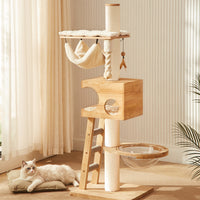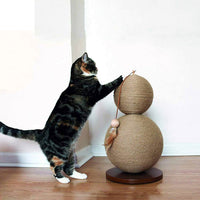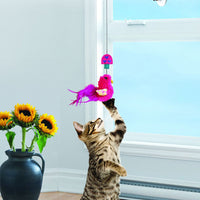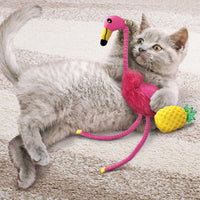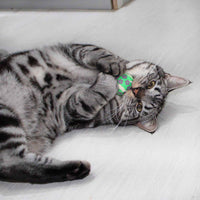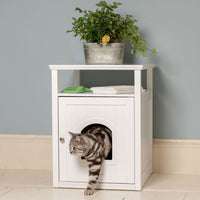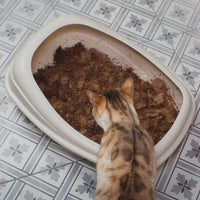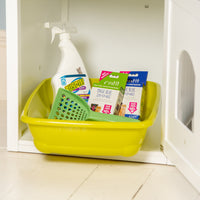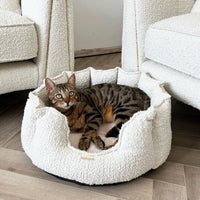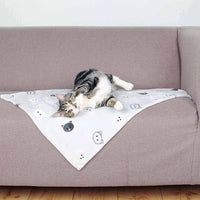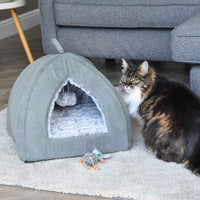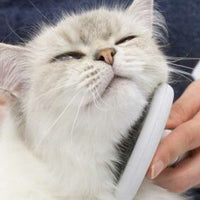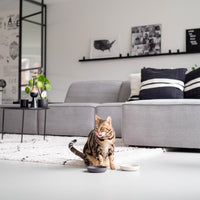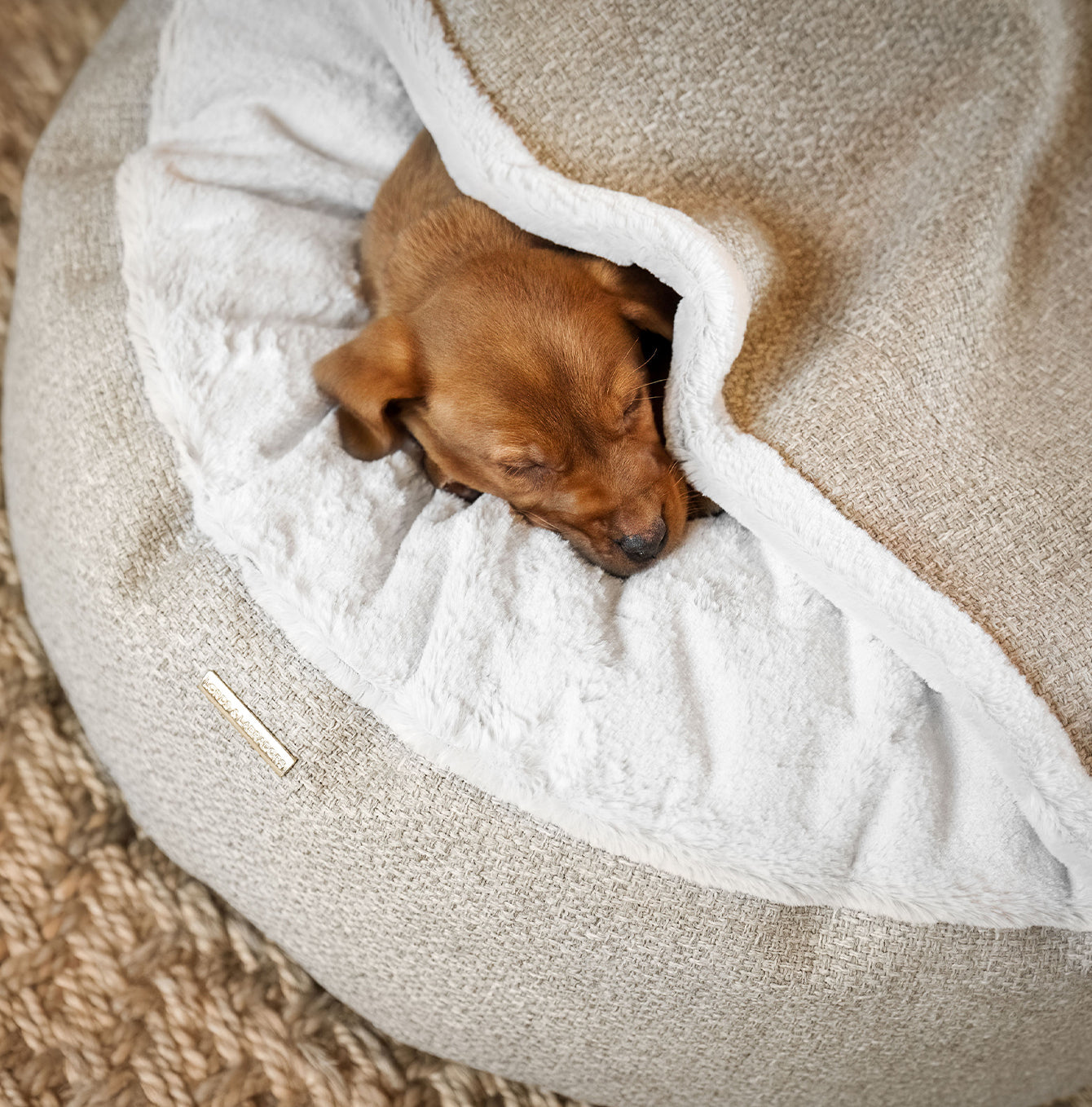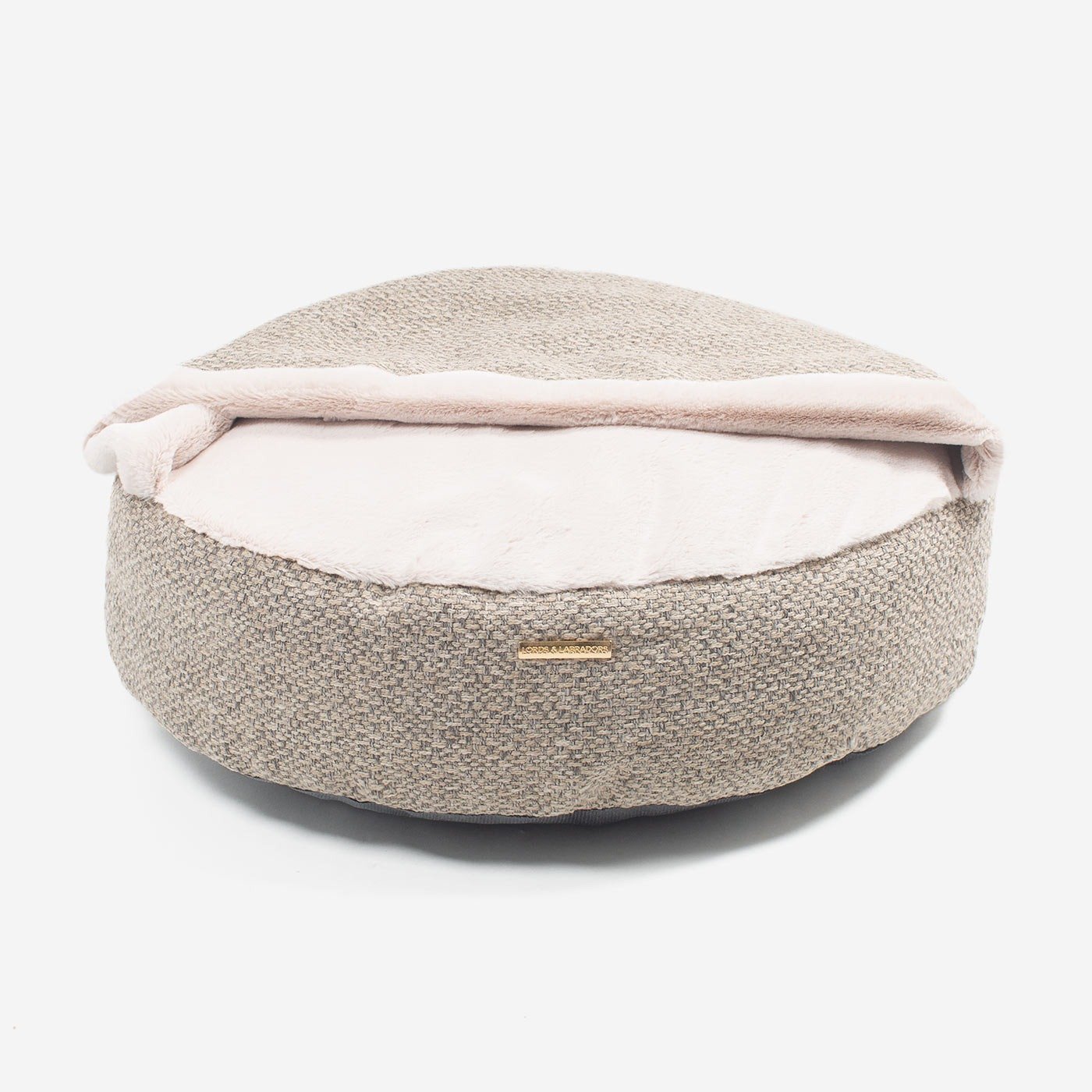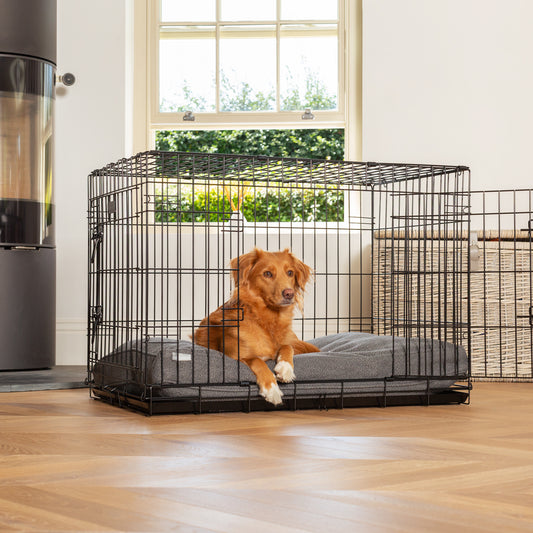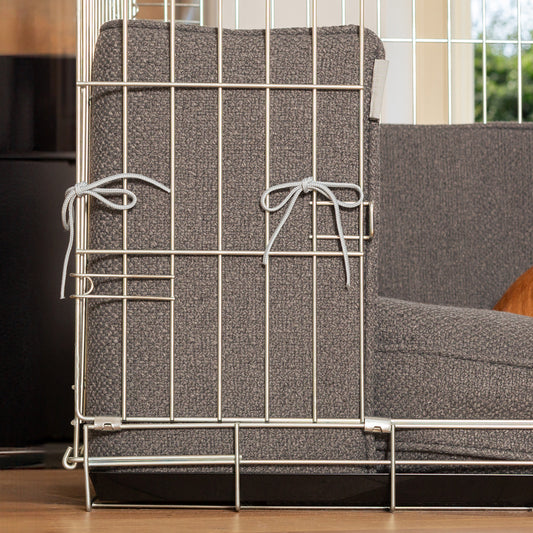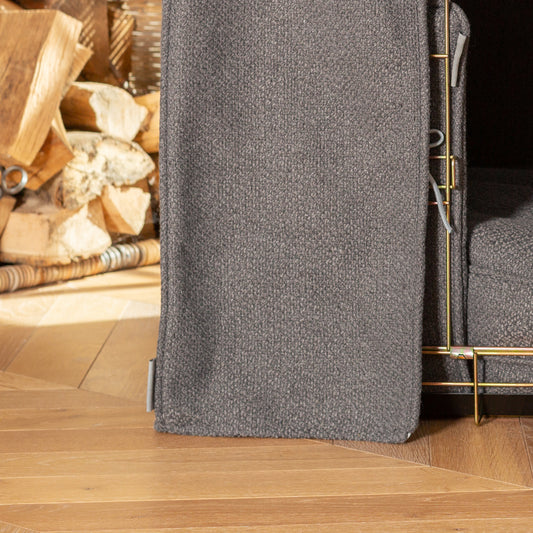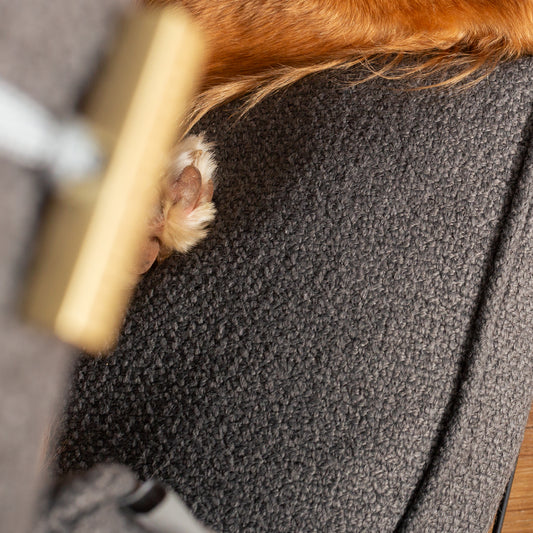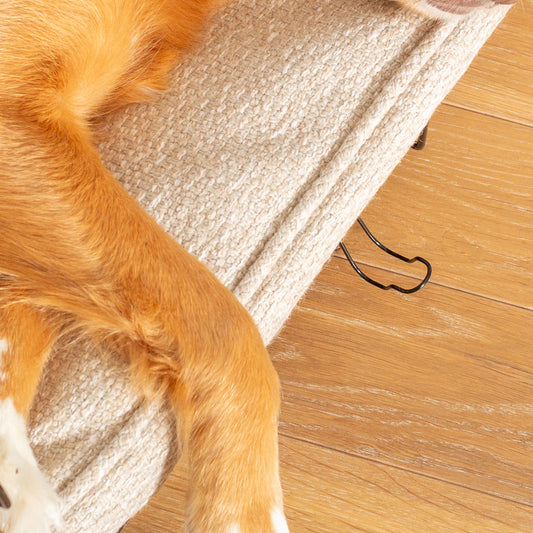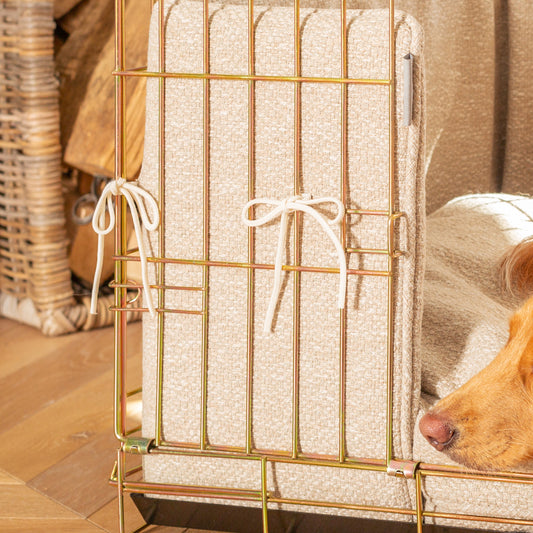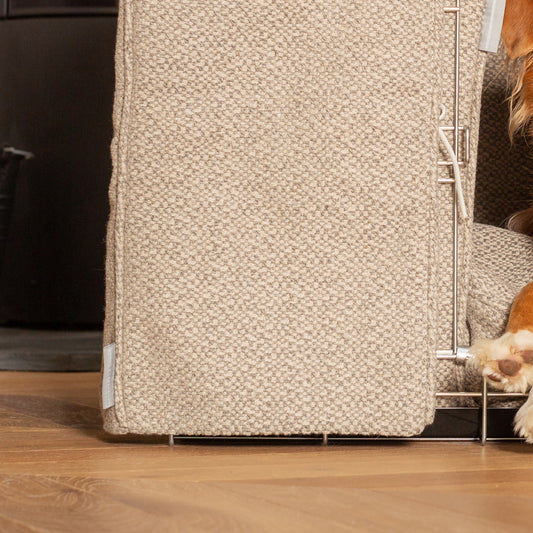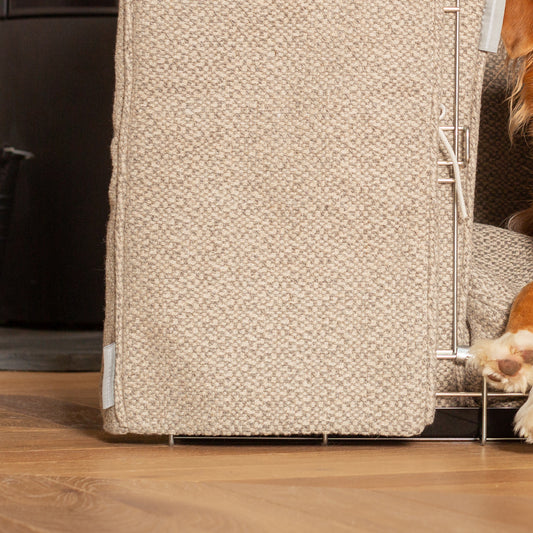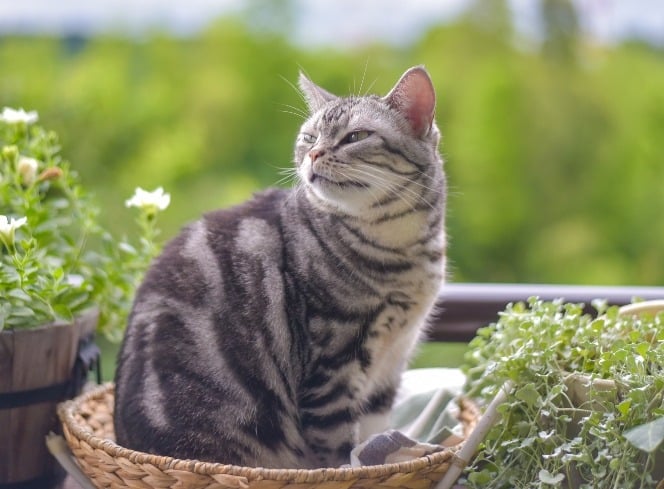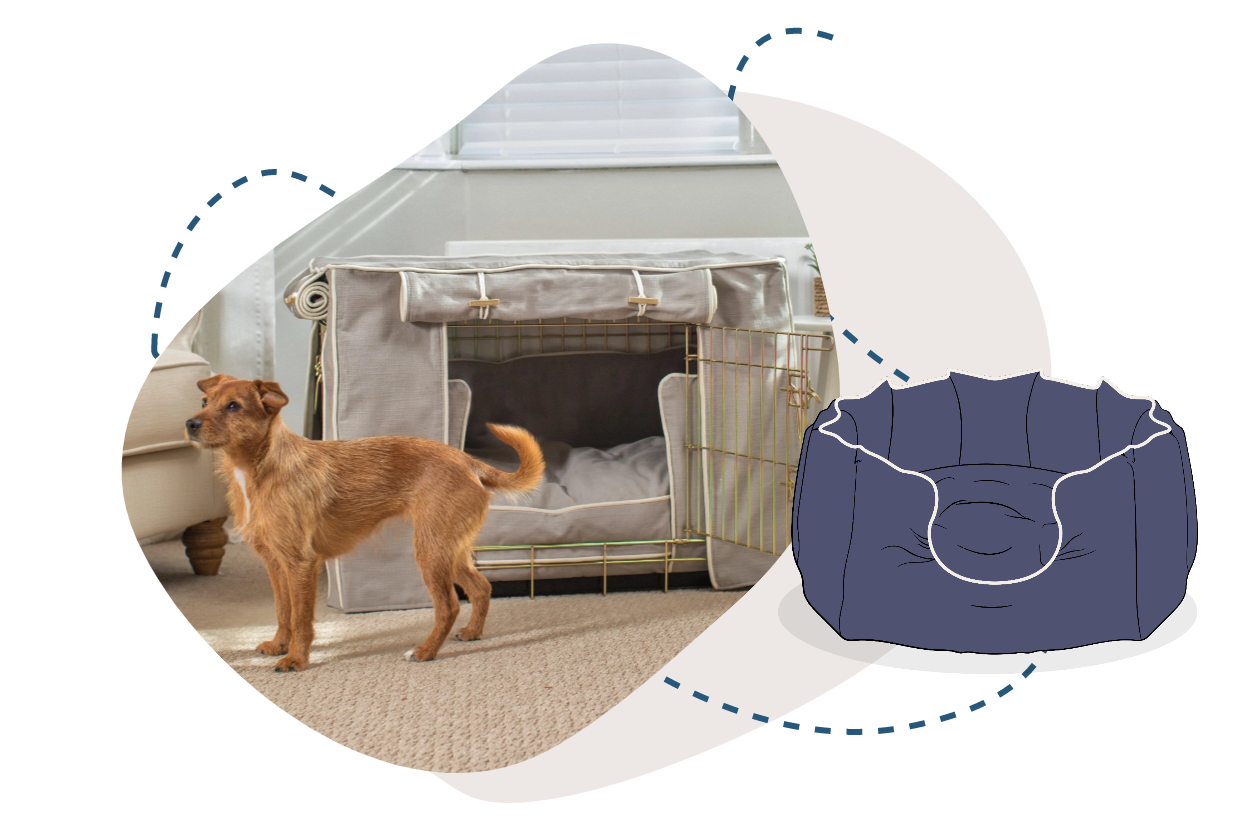
Is My Cat Smarter Than Me?
If you’ve ever found yourself staring at your cat and wondering, “Who’s really in charge here?” then you’re not alone. From ignoring commands to opening doors and outsmarting the treat tin, cats have an uncanny knack for making us feel like the daft ones in the relationship. So, are our feline companions secretly geniuses in fur coats, or are we just a bit too easily impressed by their antics? Let’s find out whether your cat might just be smarter than you think (and possibly smarter than you). How Smart Are Cats, Really? Cats are clever, there’s no doubt about that. While they might not do your taxes or fetch your slippers (they’d argue they have people for that), cats are masters of observation, memory, and problem-solving. Research has shown that cats have complex cognitive abilities similar to those of young children. They can learn routines, recognise words, and even manipulate humans to get what they want (we see you, breakfast-at-5-a.m. crowd). In short, cats are less about obedience and more about strategy. They’re not trying to impress you, they’re working out the quickest route to what they want. Smarter Than You Think: Signs of Feline Intelligence So how do you know if your cat’s secretly running mental rings around you? Here are a few tell-tale signs that your moggy’s mind might be sharper than expected: They’ve Trained You, Not the Other Way Around: Does your cat meow in a certain way and you immediately respond with food, a cuddle, or by opening a door? Congratulations, you’ve been trained. Cats are expert behaviourists who quickly learn what gets them results. You think you’re in control, but they’ve been conducting a long-term psychology experiment, and you’re the subject. They Solve Problems (Especially Food-Related Ones): Whether it’s nudging open cupboards, jumping on worktops, or working out how to knock the treat jar off the shelf, cats have impressive problem-solving skills. Studies show they can learn through observation, meaning they watch us perform tasks and then replicate them. That explains how they somehow open doors you swore were cat-proof. They Remember Everything (Especially the Important Stuff): Your cat might appear aloof, but their memory is surprisingly sharp. They can recall people, places, and experiences for years, particularly if food or comfort is involved. So yes, they definitely remember that time you were late with dinner… and they’re still judging you for it. They Communicate Intentionally: Cats meow primarily to humans, not to each other. Each meow, trill, or chirrup has meaning, and they quickly learn which sounds get the biggest reaction. In essence, they’ve built a custom language just for you. If that’s not intelligent adaptation, what is? They Know How to Get What They Want (and When): From sitting on your laptop mid-email to knocking objects off the table until you pay attention, cats are experts at controlling human behaviour. They’ve learned through trial and error exactly how to push our buttons, sometimes literally. Cat Intelligence vs. Human Intelligence It’s unfair to directly compare cat and human intelligence, after all, we’ve evolved to be good at very different things. But when it comes to certain types of smarts, cats could give us a run for our money. Cats excel in instinctive intelligence, they can hunt, problem-solve, and navigate their environment with ease. Their emotional intelligence is also underrated; many cats can sense their owner’s mood and adjust their behaviour accordingly. Ever noticed your cat curling up with you when you’re unwell or stressed? That’s empathy at work. In other words, while you might be smarter at paying bills, your cat’s definitely cleverer at manipulating emotions and maximising comfort, which arguably makes them the true genius of the household. Are Some Cat Breeds Smarter Than Others? Some breeds are particularly known for their brainpower. If your cat’s a bit of a mastermind, they might belong to one of these sharp-minded groups: Siamese: Chatty, curious, and quick to learn tricks, these cats love mental stimulation. Bengal: Adventurous and athletic, with the brains to match. Abyssinian: One of the oldest and most intelligent breeds; they learn by watching. Maine Coon: Gentle giants with a problem-solving streak. Sphynx: Exceptionally social and observant, they read humans like a book. Of course, every cat is unique. Even your laid-back British Shorthair can surprise you with a moment of sheer genius (usually when you least expect it). Can You Make Your Cat Even Smarter? Absolutely! Cats thrive on mental stimulation, and just like us, they need to exercise their minds. Here are some ways to encourage their inner Einstein: Interactive Play: Toys that move, rattle, or hide treats tap into your cat’s hunting instincts and keep their brain buzzing. Puzzle Feeders: These make mealtimes a mental workout, challenging your cat to think before they eat. Training & Tricks: Believe it or not, cats can learn tricks just like dogs, you just need patience (and a lot of treats). Try starting with our guide: Train Your Cat: Top Tricks for Clever Cats. New Experiences: Rotate toys, rearrange play areas, and give them safe access to different views, a sunny windowsill, a cat tree, or a secure garden enclosure. The more variety you add, the more your cat’s intelligence will shine through. And who knows, they might even start teaching you a few tricks. So… Is My Cat Smarter Than Me? In their own way, yes probably! Cats may not understand quantum physics, but they’ve mastered the art of getting what they want with minimal effort. They’re observant, emotionally intuitive, and endlessly resourceful. So next time your cat outsmarts you, don’t take it personally, just admire their brilliance (and maybe offer them a treat for their trouble). Keep Their Brilliant Minds Busy From interactive toys and cat trees to treats and puzzle feeders, Lords & Labradors has everything you need to keep your clever kitty mentally stimulated and endlessly entertained. Because if your cat is smarter than you, the least you can do is keep them happy about it!


